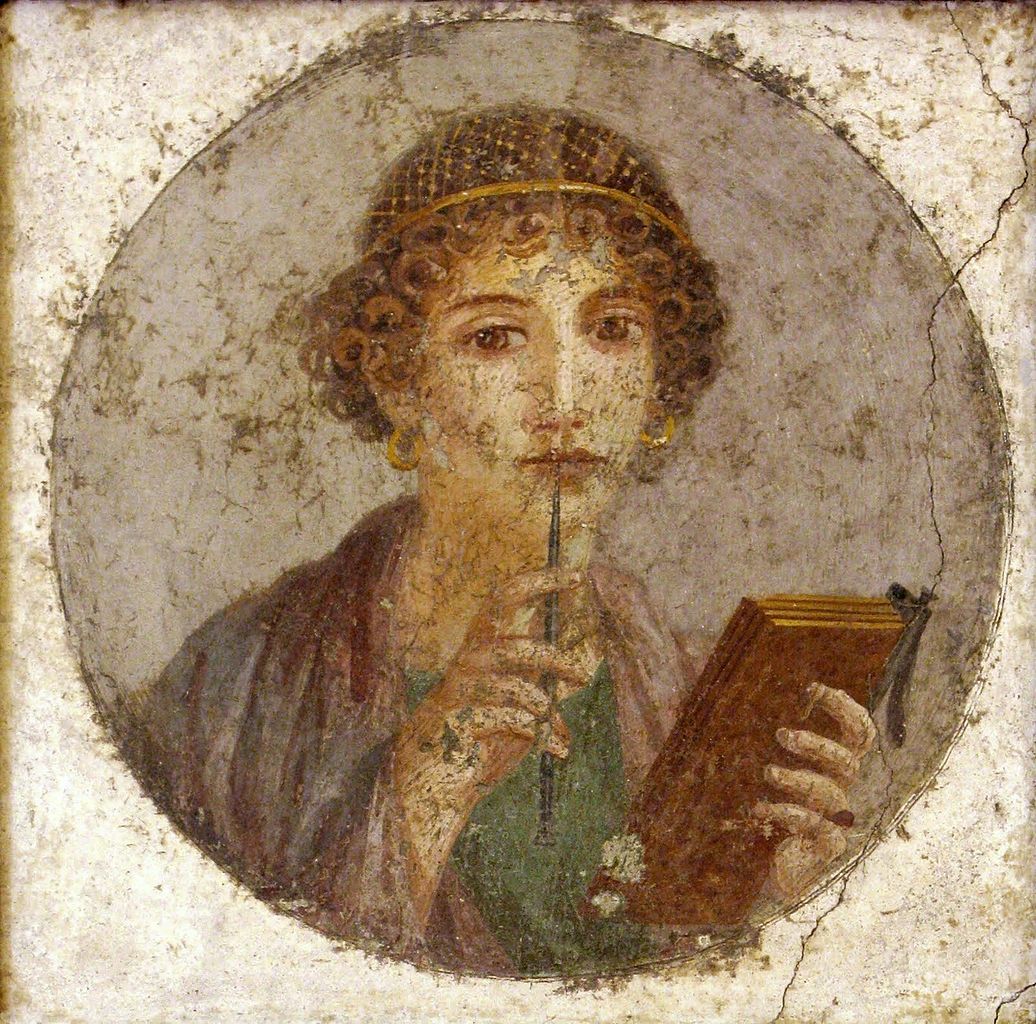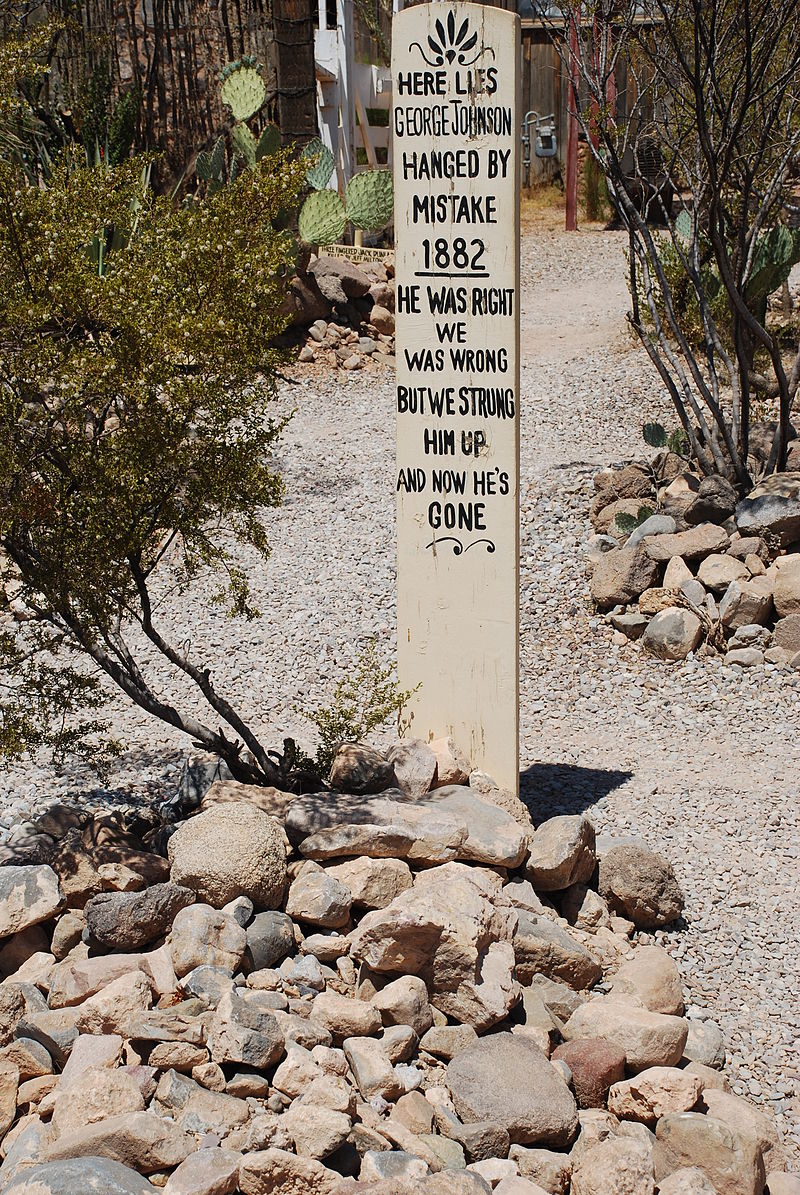For once I'm just going to quote, since I find this text so relevant and important. It applies just as well to our time as it did then in the 17th century. This is from the “Pensees” or “Thoughts” by Blaise Pascal and usually goes by the number 139:
But on further consideration, when, after finding the cause of all our ills, I have sought to discover the reason of it, I have found that there is one very real reason, namely, the natural poverty of our feeble and mortal condition, so miserable that nothing can comfort us when we think of it closely.
Whatever condition we picture to ourselves, if we muster all the good things which it is possible to possess, royalty is the finest position in the world. Yet, when we imagine a king attended with every pleasure he can feel, if he be without diversion, and be left to consider and reflect on what he is, this feeble happiness will not sustain him; he will necessarily fall into forebodings of dangers, of revolutions which may happen, and, finally, of death and inevitable disease; so that if he be without what is called diversion, he is unhappy, and more unhappy than the least of his subjects who plays and diverts himself.
Hence it comes that play and the society of women, war, and high posts, are so sought after. Not that there is in fact any happiness in them, or that men imagine true bliss to consist in money won at play, or in the hare which they hunt; we would not take these as a gift. We do not seek that easy and peaceful lot which permits us to think of our unhappy condition, nor the dangers of war, nor the labour of office, but the bustle which averts these thoughts of ours, and amuses us.
Reasons why we like the chase better than the quarry.
Hence it comes that men so much love noise and stir; hence it comes that the prison is so horrible a punishment; hence it comes that the pleasure of solitude is a thing incomprehensible. And it is in fact the greatest source of happiness in the condition of kings, that men try incessantly to divert them, and to procure for them all kinds of pleasures.
The king is surrounded by persons whose only thought is to divert the king, and to prevent his thinking of self. For he is unhappy, king though he be, if he think of himself.
This is all that men have been able to discover to make themselves happy. And those who philosophise on the matter, and who think men unreasonable for spending a whole day in chasing a hare which they would not have bought, scarce know our nature. The hare in itself would not screen us from the sight of death and calamities; but the chase which turns away our attention from these, does screen us.
The advice given to Pyrrhus to take the rest which he was about to seek with so much labour, was full of difficulties.
[To bid a man live quietly is to bid him live happily. It is to advise him to be in a state perfectly happy, in which he can think at leisure without finding therein a cause of distress. This is to misunderstand nature.
As men who naturally understand their own condition avoid nothing so much as rest, so there is nothing they leave undone in seeking turmoil. Not that they have an instinctive knowledge of true happiness ...
So we are wrong in blaming them. Their error does not lie in seeking excitement, if they seek it only as a diversion; the evil is that they seek it as if the possession of the objects of their quest would make them really happy. In this respect it is right to call their quest a vain one. Hence in all this both the censurers and the censured do not understand man's true nature.]
And thus, when we take the exception against them, that what they seek with such fervour cannot satisfy them, if they replied – as they should do if they considered the matter thoroughly – that they sought in it only a violent and impetuous occupation which turned their thoughts from self, and that they therefore chose an attractive object to charm and ardently attract them, they would leave their opponents without a reply. But they do not make this reply, because they do not know themselves. They do not know that it is the chase, and not the quarry, which they seek.
Dancing: we must consider rightly where to place our feet. – A gentleman sincerely believes that hunting is great and royal sport; but a beater is not of this opinion.
They imagine that if they obtained such a post, they would then rest with pleasure, and are insensible of the insatiable nature of their desire. They think they are truly seeking quiet, and they are only seeking excitement.
They have a secret instinct which impels them to seek amusement and occupation abroad, and which arises from the sense of their constant unhappiness. They have another secret instinct, a remnant of the greatness of our original nature, which teaches them that happiness in reality consists only in rest, and not in stir. And of these two contrary instincts they form within themselves a confused idea, which hides itself from their view in the depths of their soul, inciting them to aim at rest through excitement, and always to fancy that the satisfaction which they have not will come to them, if, by surmounting whatever difficulties confront them, they can thereby open the door to rest.
Thus passes away all man's life. Men seek rest in a struggle against difficulties; and when they have conquered these, rest becomes insufferable. For we think either of the misfortunes we have or of those which threaten us. And even if we should see ourselves sufficiently sheltered on all sides, weariness of its own accord would not fail to arise from the depths of the heart wherein it has its natural roots, and to fill the mind with its poison.
Thus so wretched is man that he would weary even without any cause for weariness from the peculiar state of his disposition; and so frivolous is he, that, though full of a thousand reasons for weariness, the least thing, such as playing billiards or hitting a ball, is sufficient to amuse him.
But will you say what object has he in all this? The pleasure of bragging to-morrow among his friends that he has played better than another. So others sweat in their own rooms to show to the learned that they have solved a problem in algebra, which no one had hitherto been able to solve. Many more expose themselves to extreme perils, in my opinion as foolishly, in order to boast afterwards that they have captured a town. Lastly, others wear themselves out in studying all these things, not in order to become wiser, but only in order to prove that they know them; and these are the most senseless of the band, since they are so knowingly, whereas one may suppose of the others, that if they knew it, they would no longer be foolish.
This man spends his life without weariness in playing every day for a small stake. Give him each morning the money he can win each day, on condition he does not play; you make him miserable. It will perhaps be said that he seeks the amusement of play and not the winnings. Make him then play for nothing; he will not become excited over it, and will feel bored. It is then not the amusement alone that he seeks; a languid and passionless amusement will weary him. He must get excited over it, and deceive himself by the fancy that he will be happy to win what he would not have as a gift on condition of not playing; and he must make for himself an object of passion, and excite over it his desire, his anger, his fear, to obtain his imagined end, as children are frightened at the face they have blackened.
Whence comes it that this man, who lost his only son a few months ago, or who this morning was in such trouble through being distressed by lawsuits and quarrels, now no longer thinks of them? Do not wonder; he is quite taken up in looking out for the boar which his dogs have been hunting so hotly for the last six hours. He requires nothing more. However full of sadness a man may be, he is happy for the time, if you can prevail upon him to enter into some amusement; and however happy a man may be, he will soon be discontented and wretched, if he be not diverted and occupied by some passion or pursuit which prevents weariness from overcoming him. Without amusement there is no joy; with amusement there is no sadness. And this also constitutes the happiness of persons in high position, that they have a number of people to amuse them, and have the power to keep themselves in this state.
Consider this. What is it to be superintendent, chancellor, first president, but to be in a condition wherein from early morning a large number of people come from all quarters to see them, so as not to leave them an hour in the day in which they can think of themselves? And when they are in disgrace and sent back to their country houses, where they lack neither wealth nor servants to help them on occasion, they do not fail to be wretched and desolate, because no one prevents them from thinking of themselves.
 August Heinrich Plinke oil on canvas Gehilfe beim Kupferschmied
August Heinrich Plinke oil on canvas Gehilfe beim Kupferschmied Tarantula Nebula, Image by NASA
Tarantula Nebula, Image by NASA Image by T.Kiya,
Image by T.Kiya,  Endla Nature Reserve, Estonia (by Abrget47j,
Endla Nature Reserve, Estonia (by Abrget47j,  Woman with wax tablets and stylus (so-called “Sappho”)
Woman with wax tablets and stylus (so-called “Sappho”) Distraction by William-Adolphe Bouguereau
Distraction by William-Adolphe Bouguereau_-_WGA16108.jpg) Jan Miense Molenaer – Allegory of Vanity
Jan Miense Molenaer – Allegory of Vanity.jpg) “Faces in the crowd” by Elvert Barnes,
“Faces in the crowd” by Elvert Barnes, 
